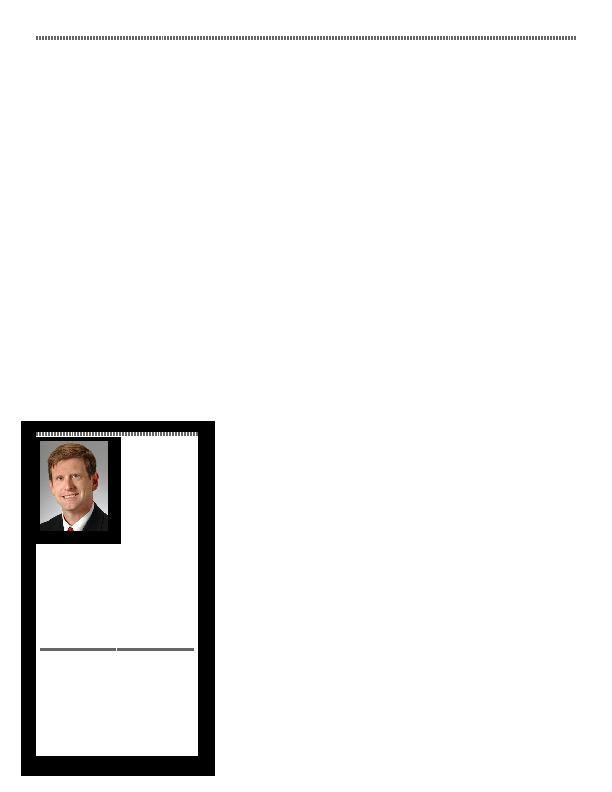
Against Engineers
Commercial Code (UCC) to defend claims
made against engineers who design
and build custom items can raise some
excellent defenses not available under
breach of contract or general negligence
law. Since UCC Article 2, governing the
sales of goods, applies, it is important
to understand what constitutes a "good"
under the UCC. In addition, where the
claim is based on a contract that includes
both design and delivery of the product,
understanding how courts interpret a
mixed contract is equally important.
Before examining the tests used to
determine if the contract is for a good
of the benefits and risks of the UCC.
Since professional liability attorneys use
the UCC infrequently, a review of the
applicable law is discussed below.
and Pitfalls for the Unwary
number of ways including breach of
warranty, failure to perform and failure of
future performance, can trigger specific
defenses not available under breach
of contract or other causes of action.
Plaintiffs may also attempt to avoid
pleading the UCC at all and simply
allege breach of contract. At that point, it
will be up to the defense to identify UCC
issues and respond accordingly.
For instance, where a company
contracts with an engineer for a specific
product, a lengthy statute of limitations
(typically eight to 10 years) will apply to
the written contract. However, where the
contract is for a sale of goods, the UCC's
shorter four-year statute of limitations
will apply. The plaintiff in this scenario
will argue that the UCC does not apply if
the claims may be time-barred.
Damages and remedies are also
impacted by the application of the UCC
to sale of goods. The UCC's remedies are
found in Article 2, Part 7. Depending on
the specifics of delivery, acceptance and
performance of the goods, among other
factors, the UCC will affect damages. In
many cases the damages for accepted
goods will be the difference at the
time and place of acceptance between
the value of the goods accepted and
the value they would have had if they
had been as warranted, unless special
of a different amount. Consequential
and incidental damages may also be
recoverable. A thorough analysis of the
possible outcomes should be considered
before raising the UCC and attempting to
take advantage of the available defenses.
A defense may not be worth the impact
on potential remedies. This is especially
true where the relationship between
the engineer and his or her client is
governed by a contract that includes
limitations on damages or remedies.
is important to determine if the item is a
good under the UCC and if the contract
is one for sale of goods. Naturally, not
all engineered items qualify as "goods"
that are subject to the UCC. Several
jurisdictions have determined that items
are "goods" if, at the time of sale, the
items are moveable.
under the UCC, even if the items were
movable at the time of sale. For instance,
windows installed in a home, tiles laid
permanently on the floor, or insulation
systems wrapped about a structure
are not considered "goods."
sale but once incorporated into a real
estate improvement under a construction
contract, the items ceased to be UCC
goods.
is a good or a part of the realty: things
attached to realty which are not capable
of severance without causing material
harm to that realty are not "goods" under
the UCC. That court determined that
Forbes LLC, where he defends architects,
engineers, doctors and other professionals in
negligence matters. He also represents businesses
in catastrophic injury and property damage cases
and in a wide variety of other areas.
Commerce Park IV
23240 Chagrin Boulevard, Suite 210
Cleveland, Ohio 44122
norchilaw.com